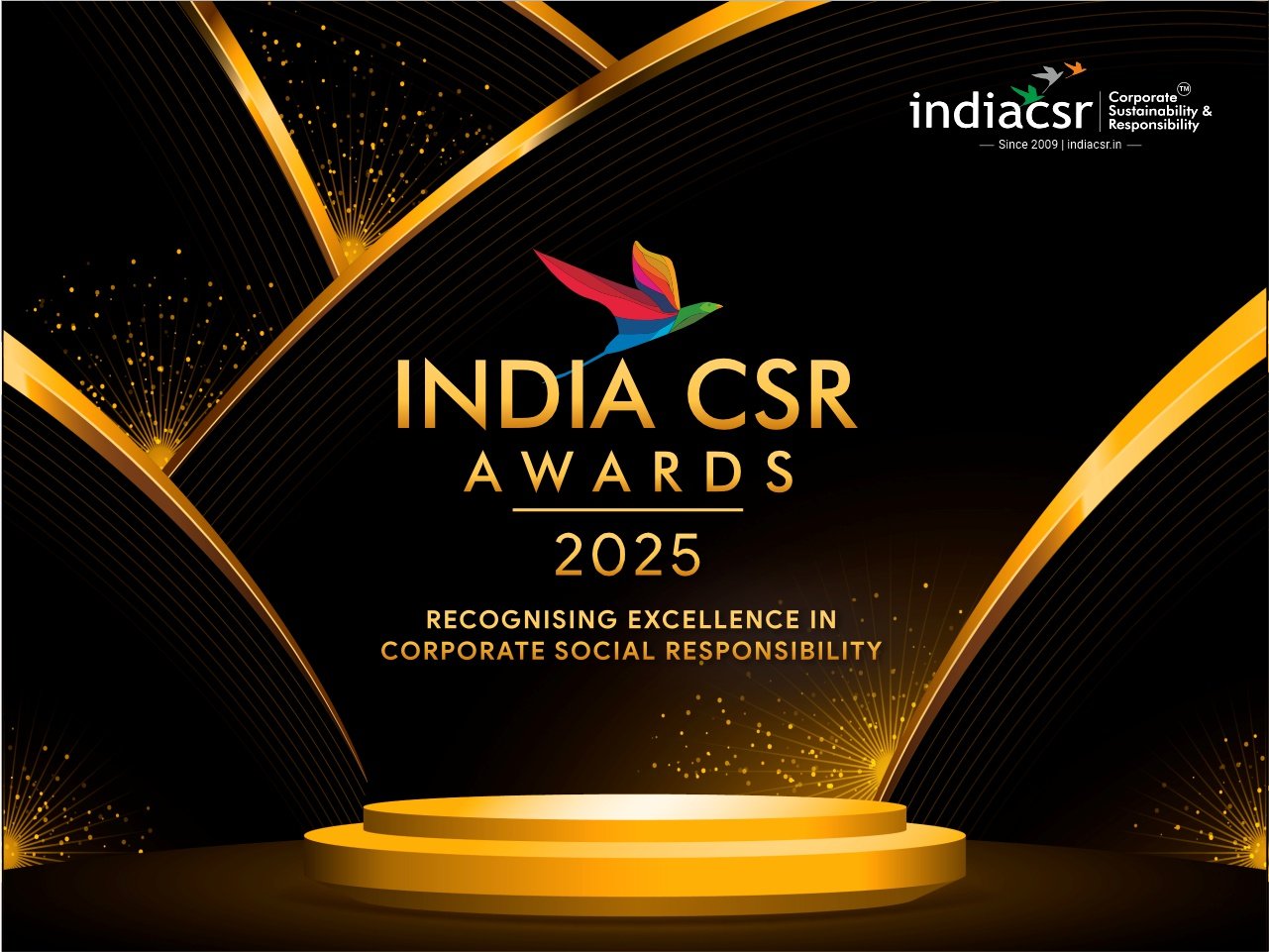A report by The Week Magazine highlights one crucial weakness in enforcing responsible gambling: the inadequacy of effective IT solutions. The report says that existing systems are not enough. It would greatly help to use advanced technologies such as artificial intelligence to address the problem.
However, the same report also presents the possible dangers of technology. AI may be useful in addressing pathological gambling habits, but it can also be used for unethical purposes. Some casinos employ AI-powered bots that collect and analyze massive amounts of data from players. This information can become part of an algorithm that encourages more gambling. Together with automation, it can make online gambling even more addictive.
However, it would be wrong to stereotype online casinos as greedy businesses that don’t care about responsible gambling. Many online casino companies embrace corporate responsibility genuinely. They comply with regulations and requirements imposed by authorities to protect customers. They also ensure that their games are fair and not manipulated.
Some casinos go the extra mile to demonstrate their concern for their players. They don’t just offer fair games and not renege on their responsibilities to customers. They also do the following.
Responsible gambling tools
If you look at the sites listed and reviewed by India Casino Info and other online gambling resource sites, you can find many that promote responsible gambling. They don’t focus on attracting players to spend money on their respective sites. They also help players avoid the danger of pathological gambling.
To help players avoid problem gambling, many online casinos provide features that help mitigate the possibility of developing pathological habits. One example of which is the self-exclusion function. This allows players to voluntarily make their accounts inaccessible and unusable for a certain time. The self-exclusion can be for a few weeks, a month, or several months. Typically, it cannot be canceled by the player unilaterally. The self-exclusion period may only be annulled by the online casino’s admin.
Some sites also allow players to set limits on the amount they spend or lose. They can configure a specific maximum amount they can wager. They can set the account to automatically prevent access to games after reaching a certain amount of losses.
Social responsibility connections
Additionally, many online casinos have partnered with institutions that help people with gambling problems. Some have ties with Gamblers Anonymous and the National Council on Problem Gambling. They conspicuously present the contact numbers of these organizations on their websites. They also display alerts or notifications to players in case their playing habits are already turning pathological.
Also, many casinos are known for making donations to various advocacies or social welfare institutions. Globally known online gambling brands like William Hill participate in fundraising drives for various causes.
It would be unfair to see nothing good in online casinos or gambling sites. Their business may be built around vices, but many of them also have a deep sense of corporate responsibility.
Image: https://pixabay.com/photos/cube-gambling-card-game-570704/
























